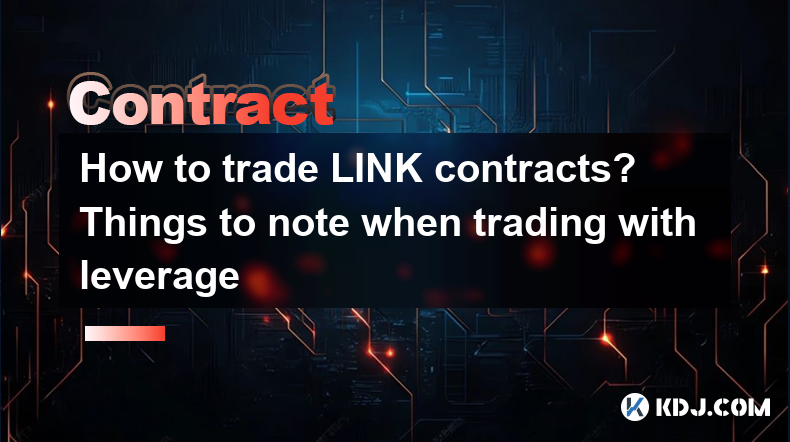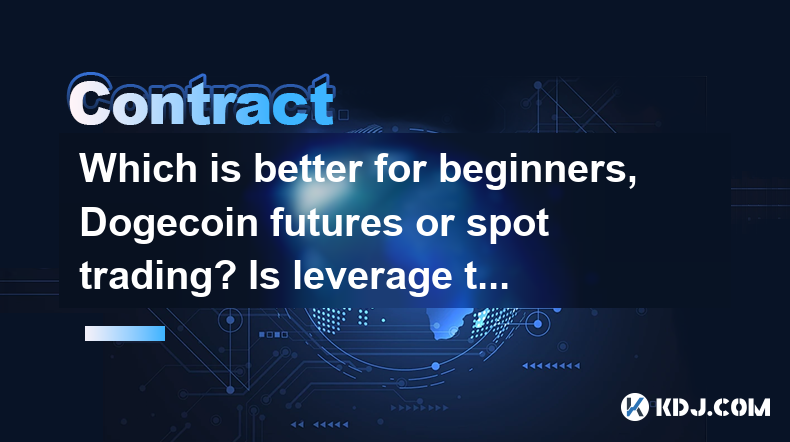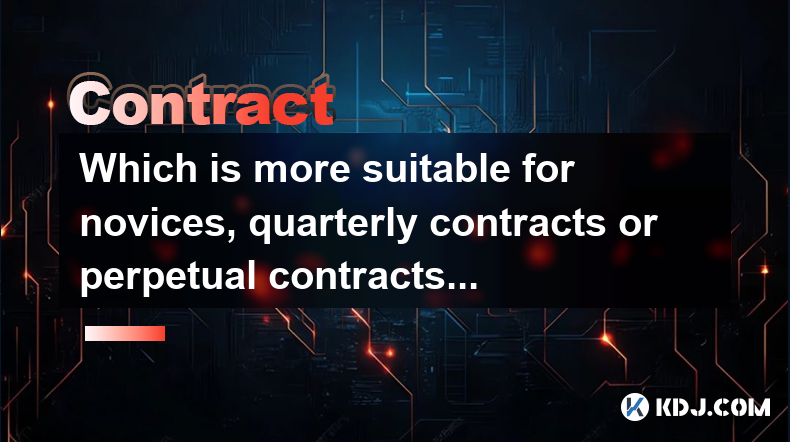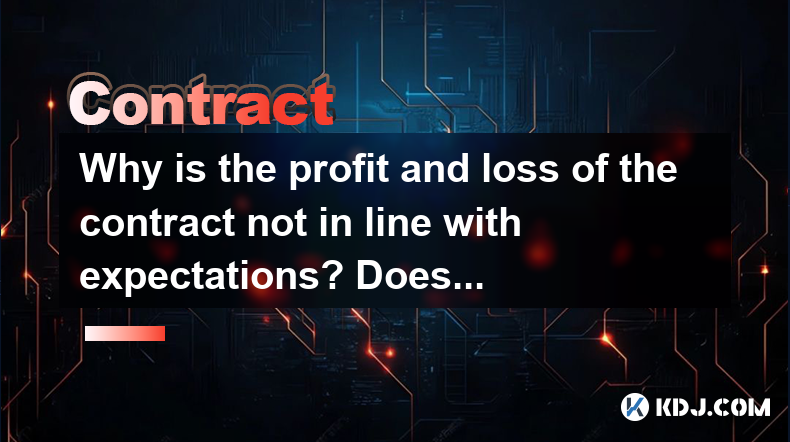-
 Bitcoin
Bitcoin $94,580.5513
0.18% -
 Ethereum
Ethereum $1,796.9978
0.67% -
 Tether USDt
Tether USDt $1.0005
0.03% -
 XRP
XRP $2.2573
-1.65% -
 BNB
BNB $600.1687
-0.65% -
 Solana
Solana $146.4336
-0.55% -
 USDC
USDC $1.0001
0.02% -
 Dogecoin
Dogecoin $0.1750
-1.62% -
 Cardano
Cardano $0.6972
-0.28% -
 TRON
TRON $0.2446
-1.31% -
 Sui
Sui $3.5214
-1.28% -
 Chainlink
Chainlink $14.6270
-1.36% -
 Avalanche
Avalanche $21.5194
-1.32% -
 Stellar
Stellar $0.2770
-1.79% -
 UNUS SED LEO
UNUS SED LEO $8.9960
0.14% -
 Toncoin
Toncoin $3.1796
-1.42% -
 Shiba Inu
Shiba Inu $0.0...01337
-1.74% -
 Hedera
Hedera $0.1863
-2.42% -
 Bitcoin Cash
Bitcoin Cash $365.8826
4.16% -
 Polkadot
Polkadot $4.1635
-1.45% -
 Litecoin
Litecoin $85.3953
0.20% -
 Hyperliquid
Hyperliquid $18.4742
0.89% -
 Dai
Dai $1.0000
0.00% -
 Bitget Token
Bitget Token $4.3871
-0.14% -
 Monero
Monero $272.6792
7.75% -
 Ethena USDe
Ethena USDe $0.9995
0.01% -
 Pi
Pi $0.5845
-5.22% -
 Pepe
Pepe $0.0...08877
-0.91% -
 Aptos
Aptos $5.4882
-1.14% -
 Uniswap
Uniswap $5.2276
-3.33%
Which is better, SHIB contract trading or spot trading? What is the risk difference?
SHIB contract trading uses leverage for higher returns but increases risk, while spot trading is simpler and safer for beginners. Choose based on your risk tolerance and experience.
Apr 29, 2025 at 11:21 am

Trading in the cryptocurrency market offers various methods, each with its own set of advantages and risks. Two popular methods among traders are SHIB contract trading and spot trading. In this article, we will delve into the specifics of each method, compare their benefits, and discuss the risk differences to help you make an informed decision on which might be better suited to your trading strategy.
Understanding SHIB Contract Trading
SHIB contract trading, also known as futures trading, involves entering into a contract to buy or sell SHIB at a future date at a price agreed upon today. This type of trading allows investors to speculate on the future price of SHIB without owning the actual cryptocurrency.
- Leverage: One of the key features of contract trading is the use of leverage, which allows traders to control a larger position with a smaller amount of capital. For example, with 10x leverage, you can control a position worth 10 times your initial investment.
- Long and Short Positions: Contract trading enables you to take both long (buy) and short (sell) positions, allowing you to profit from both rising and falling markets.
- Expiration Dates: Contracts have expiration dates, and traders must close their positions before the contract expires or roll over to a new contract.
Understanding Spot Trading
Spot trading involves the direct exchange of SHIB for another cryptocurrency or fiat currency at the current market price. This method is straightforward and is the most common form of trading in the cryptocurrency market.
- Ownership: When you engage in spot trading, you own the actual SHIB tokens. This means you can hold them in your wallet and use them as you see fit.
- No Leverage: Spot trading does not typically involve leverage, meaning you trade with the funds you have in your account.
- Immediate Settlement: Trades are settled immediately, and you receive the SHIB or the equivalent value in another currency instantly.
Comparing SHIB Contract Trading and Spot Trading
When comparing SHIB contract trading and spot trading, several factors come into play:
- Flexibility: Contract trading offers more flexibility as it allows you to trade with leverage and take both long and short positions. Spot trading is more straightforward but lacks these advanced trading options.
- Potential Returns: With leverage, contract trading can offer higher potential returns, but it also comes with higher risk. Spot trading offers steady but potentially lower returns.
- Complexity: Contract trading is generally more complex and requires a good understanding of the market and risk management strategies. Spot trading is simpler and more suitable for beginners.
Risk Differences Between SHIB Contract Trading and Spot Trading
Understanding the risk differences between these two trading methods is crucial for making an informed decision.
- Leverage Risk: The use of leverage in contract trading significantly increases the risk. While it can amplify profits, it can also amplify losses. If the market moves against your position, you could lose more than your initial investment.
- Market Volatility: Both methods are subject to market volatility, but contract trading can be more affected due to the use of leverage. A small price movement can lead to significant gains or losses.
- Liquidation Risk: In contract trading, if the market moves against your position and your account balance falls below the maintenance margin, your position may be liquidated, resulting in a total loss of your investment.
- Counterparty Risk: Contract trading often involves a counterparty, and there is a risk that the counterparty may default on the contract. Spot trading, on the other hand, involves direct exchange and does not typically have this risk.
Choosing Between SHIB Contract Trading and Spot Trading
Deciding between SHIB contract trading and spot trading depends on your trading goals, risk tolerance, and experience level.
- For Beginners: Spot trading is generally more suitable for beginners due to its simplicity and lower risk. It allows you to learn the market without the added complexity of leverage and expiration dates.
- For Experienced Traders: Contract trading can be more appealing to experienced traders who understand the risks and want to take advantage of the potential for higher returns. It requires a solid risk management strategy and a thorough understanding of the market.
- Risk Management: Regardless of which method you choose, effective risk management is crucial. For contract trading, this includes setting stop-loss orders and not using too much leverage. For spot trading, it involves diversifying your portfolio and not investing more than you can afford to lose.
Practical Steps for SHIB Contract Trading
If you decide to engage in SHIB contract trading, here are the practical steps to get started:
- Choose a Platform: Select a reputable exchange that offers SHIB futures trading. Popular options include Binance, Bybit, and FTX.
- Create an Account: Sign up for an account on the chosen platform. You will need to provide personal information and complete a verification process.
- Fund Your Account: Deposit funds into your account using a supported payment method. Ensure you have enough funds to cover the margin requirements for your trades.
- Understand the Contract Specifications: Familiarize yourself with the contract size, expiration dates, and other specifications of the SHIB futures contract you plan to trade.
- Place a Trade: Decide whether you want to take a long or short position. Enter the amount you want to trade and the leverage you want to use. Set a stop-loss order to manage your risk.
- Monitor and Manage Your Position: Keep an eye on the market and adjust your position as needed. Close your position before the contract expires or roll over to a new contract.
Practical Steps for SHIB Spot Trading
For those interested in SHIB spot trading, follow these steps to start trading:
- Choose a Platform: Select a reputable exchange that offers SHIB spot trading. Popular options include Coinbase, Binance, and Kraken.
- Create an Account: Sign up for an account on the chosen platform. You will need to provide personal information and complete a verification process.
- Fund Your Account: Deposit funds into your account using a supported payment method. You can use either cryptocurrency or fiat currency, depending on the platform's options.
- Place a Buy Order: Decide on the amount of SHIB you want to purchase and place a buy order at the current market price or set a limit order at a specific price.
- Store Your SHIB: Once your order is filled, your SHIB will be credited to your exchange wallet. You can choose to keep it there or transfer it to a private wallet for added security.
- Sell Your SHIB: When you decide to sell, place a sell order at the current market price or set a limit order at a specific price. The funds from the sale will be credited to your account.
Frequently Asked Questions
Q: Can I switch between SHIB contract trading and spot trading on the same platform?
A: Yes, many cryptocurrency exchanges offer both contract trading and spot trading on the same platform. However, you may need to transfer funds between different accounts or wallets within the platform to switch between the two methods.
Q: How do I manage the risks associated with SHIB contract trading?
A: Effective risk management in SHIB contract trading involves using stop-loss orders to limit potential losses, not using excessive leverage, and diversifying your trading portfolio. It's also important to continuously monitor the market and adjust your positions as needed.
Q: Are there any fees associated with SHIB contract trading and spot trading?
A: Yes, both methods involve fees. Contract trading typically includes trading fees, funding fees for holding positions overnight, and potential liquidation fees. Spot trading involves trading fees, which can vary based on the exchange and the volume of your trades.
Q: Can I trade SHIB on margin in spot trading?
A: Some exchanges offer margin trading for spot markets, which allows you to borrow funds to trade larger positions. However, this is different from contract trading and involves its own set of risks and requirements. Always check the specific offerings and terms of the exchange you are using.
Disclaimer:info@kdj.com
The information provided is not trading advice. kdj.com does not assume any responsibility for any investments made based on the information provided in this article. Cryptocurrencies are highly volatile and it is highly recommended that you invest with caution after thorough research!
If you believe that the content used on this website infringes your copyright, please contact us immediately (info@kdj.com) and we will delete it promptly.
- XRP Is Going Through One of Its Strongest Periods
- 2025-04-30 05:50:13
- Can Cardano (ADA) Price Spike to $14 If Bitcoin Crosses $100K? Analysis Suggests Yes
- 2025-04-30 05:50:13
- Arizona Lawmakers Pass Bills to Create Bitcoin Reserve, Setting the Stage for Nationwide Adoption
- 2025-04-30 05:45:13
- Dragoin (DRGN) Could Be the Next Big Crypto Breakout, Offering 1000x Gains
- 2025-04-30 05:45:13
- Litecoin (LTC), VeChain (VET), and XRP Are Making Headlines as Shifting Market Trends Reshape Crypto's Next Big Plays
- 2025-04-30 05:40:12
- Top 10 ICOs of 2025: New Coins, Real Utility, and Big Gains Ahead
- 2025-04-30 05:40:12
Related knowledge

Which is better, SHIB contract trading or spot trading? What is the risk difference?
Apr 29,2025 at 11:21am
Trading in the cryptocurrency market offers various methods, each with its own set of advantages and risks. Two popular methods among traders are SHIB contract trading and spot trading. In this article, we will delve into the specifics of each method, compare their benefits, and discuss the risk differences to help you make an informed decision on which...

How to trade LINK contracts? Things to note when trading with leverage
Apr 28,2025 at 08:01pm
Trading LINK contracts, particularly with leverage, can be an exciting yet risky endeavor. LINK, or Chainlink, is a decentralized oracle network that provides real-world data to smart contracts on the blockchain. Trading LINK contracts involves speculating on the price movements of LINK without owning the actual cryptocurrency. When you trade with lever...

Which is better for beginners, Dogecoin futures or spot trading? Is leverage trading risky?
Apr 29,2025 at 04:49am
When deciding whether Dogecoin futures or spot trading is better for beginners, it's important to understand the fundamental differences between these two trading methods and their respective risks. Dogecoin spot trading involves buying and selling the actual cryptocurrency at the current market price. This method is straightforward and allows beginners...

Which is more suitable for novices, quarterly contracts or perpetual contracts? Does the delivery date have a big impact?
Apr 29,2025 at 09:49am
Introduction to Quarterly and Perpetual ContractsWhen entering the world of cryptocurrency trading, one of the first decisions a novice trader faces is choosing between quarterly contracts and perpetual contracts. Both types of contracts offer unique features and benefits, but understanding their differences is crucial for making an informed decision. T...

When will the leverage multiple adjustment take effect? Will the leverage change affect the existing position?
Apr 28,2025 at 02:36am
Understanding Leverage Multiple Adjustments in Cryptocurrency TradingIn the realm of cryptocurrency trading, leverage is a powerful tool that allows traders to amplify their trading positions beyond their initial capital. However, adjustments to leverage multiples are a critical aspect that traders must understand thoroughly. This article delves into wh...

Why is the profit and loss of the contract not in line with expectations? Does the calculation of unrealized profit and loss include handling fees?
Apr 27,2025 at 09:14pm
In the world of cryptocurrency trading, especially when dealing with futures and options contracts, traders often find themselves puzzled by discrepancies between their expected and actual profit and loss (P&L). This article delves into the reasons behind such discrepancies and explores whether the calculation of unrealized profit and loss includes hand...

Which is better, SHIB contract trading or spot trading? What is the risk difference?
Apr 29,2025 at 11:21am
Trading in the cryptocurrency market offers various methods, each with its own set of advantages and risks. Two popular methods among traders are SHIB contract trading and spot trading. In this article, we will delve into the specifics of each method, compare their benefits, and discuss the risk differences to help you make an informed decision on which...

How to trade LINK contracts? Things to note when trading with leverage
Apr 28,2025 at 08:01pm
Trading LINK contracts, particularly with leverage, can be an exciting yet risky endeavor. LINK, or Chainlink, is a decentralized oracle network that provides real-world data to smart contracts on the blockchain. Trading LINK contracts involves speculating on the price movements of LINK without owning the actual cryptocurrency. When you trade with lever...

Which is better for beginners, Dogecoin futures or spot trading? Is leverage trading risky?
Apr 29,2025 at 04:49am
When deciding whether Dogecoin futures or spot trading is better for beginners, it's important to understand the fundamental differences between these two trading methods and their respective risks. Dogecoin spot trading involves buying and selling the actual cryptocurrency at the current market price. This method is straightforward and allows beginners...

Which is more suitable for novices, quarterly contracts or perpetual contracts? Does the delivery date have a big impact?
Apr 29,2025 at 09:49am
Introduction to Quarterly and Perpetual ContractsWhen entering the world of cryptocurrency trading, one of the first decisions a novice trader faces is choosing between quarterly contracts and perpetual contracts. Both types of contracts offer unique features and benefits, but understanding their differences is crucial for making an informed decision. T...

When will the leverage multiple adjustment take effect? Will the leverage change affect the existing position?
Apr 28,2025 at 02:36am
Understanding Leverage Multiple Adjustments in Cryptocurrency TradingIn the realm of cryptocurrency trading, leverage is a powerful tool that allows traders to amplify their trading positions beyond their initial capital. However, adjustments to leverage multiples are a critical aspect that traders must understand thoroughly. This article delves into wh...

Why is the profit and loss of the contract not in line with expectations? Does the calculation of unrealized profit and loss include handling fees?
Apr 27,2025 at 09:14pm
In the world of cryptocurrency trading, especially when dealing with futures and options contracts, traders often find themselves puzzled by discrepancies between their expected and actual profit and loss (P&L). This article delves into the reasons behind such discrepancies and explores whether the calculation of unrealized profit and loss includes hand...
See all articles





















































































